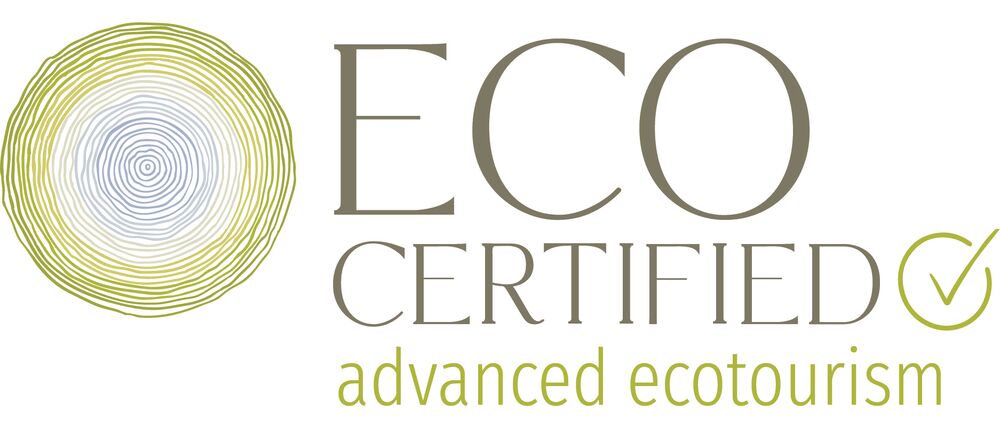
Eco tourism and certification Responsible Tourism
Eco initiatives
Embracing the concept of sustainable and responsible tourism, all cruise and tour practices on Sea Darwin tours have been developed and are managed with the aim of conserving the Top End salt water environment and the habitat and cultural environment of Njulbitjlk (Bare Sand Island). For Sea Darwin, the journey of sustainability continues.
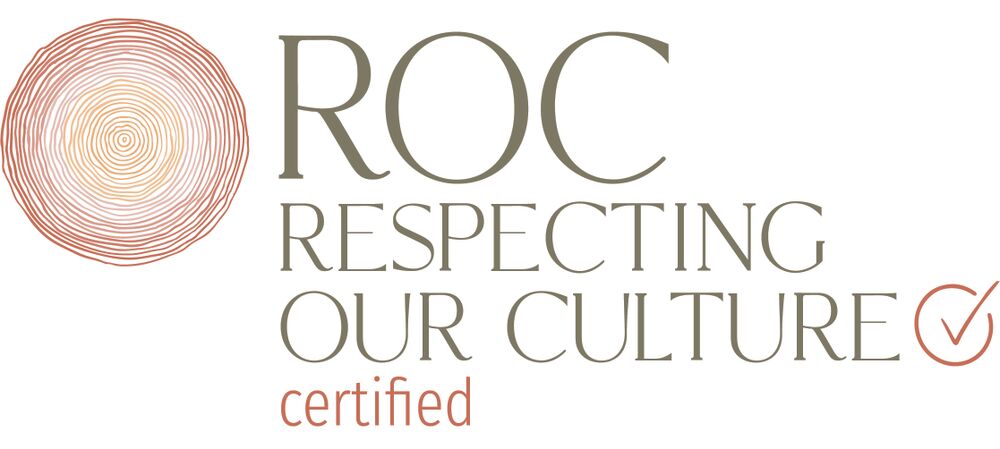

On board our vessels
Our vessels are powered by efficient four stoke engines which have the lowest emission rating relative to power output for outboards. Strategies are in place to optimise efficiency in fuel usage. There in an onboard sewerage treatment system within a holding facility that was designed to International Standards.
All hospitality services are managed within a sustainable framework.
Preserving wildlife habitats
On our Turtle Tours there are no disposable containers or cutlery used in food service, and all rubbish from the boat is bagged and returned to Darwin for appropriate disposal.
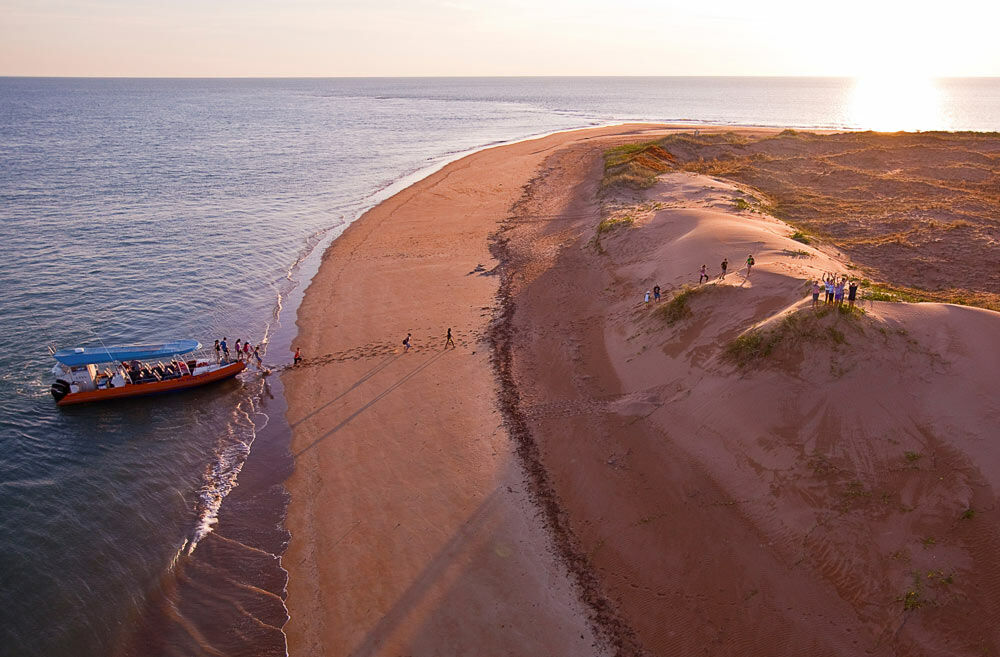
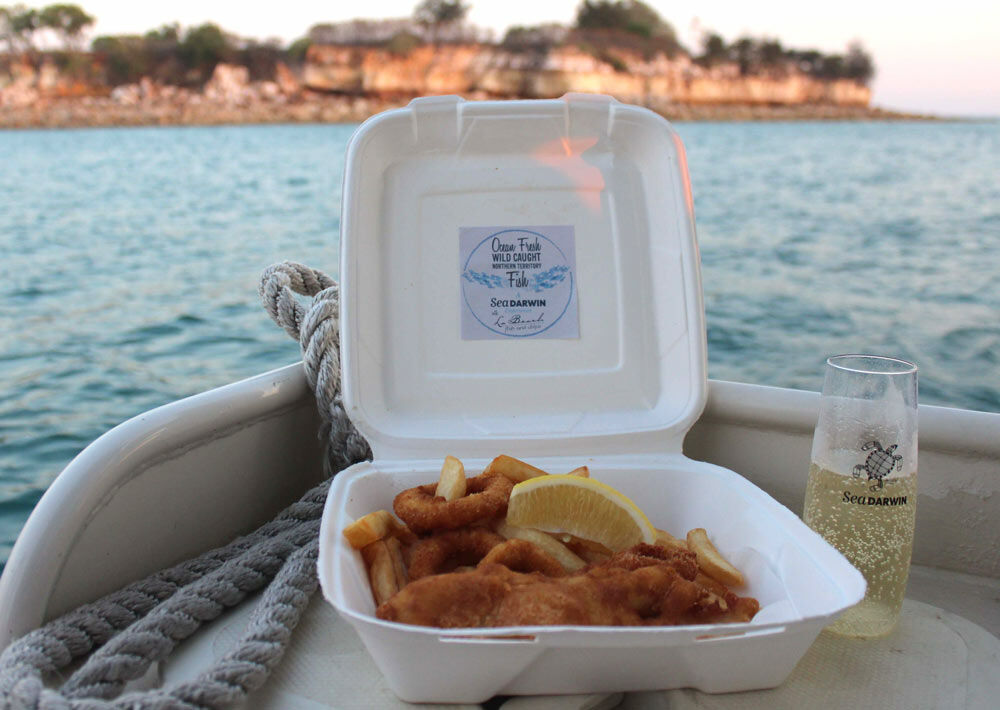
On Sunset Fish & Chips
On our Sunset Fish’n Chip cruise we choose to use either cardboard containers or those from the I am eco™ Sugarcane Range, which are made from moulded bagasse sugarcane pulp (material remaining once sugarcane has been pressed to extract the sugar). This material was once thrown away by the sugar industry, but now it’s put to good use to make pulp for packaging. Sugarcane bagasse is renewable, biodegradable and compostable. Our cutlery is made from Bamboo, and is both biodegradable and compostable and sourced from companies who use sustainable forestry practices to produce products.
The island and coastal environment
Temporary mooring facilities are used between Njulbitjlk (Bare Sand Island) and its surrounding reef, and serves both to protect the reef from the impact of anchoring, and reduces fuel usage and emissions associated with anchoring;
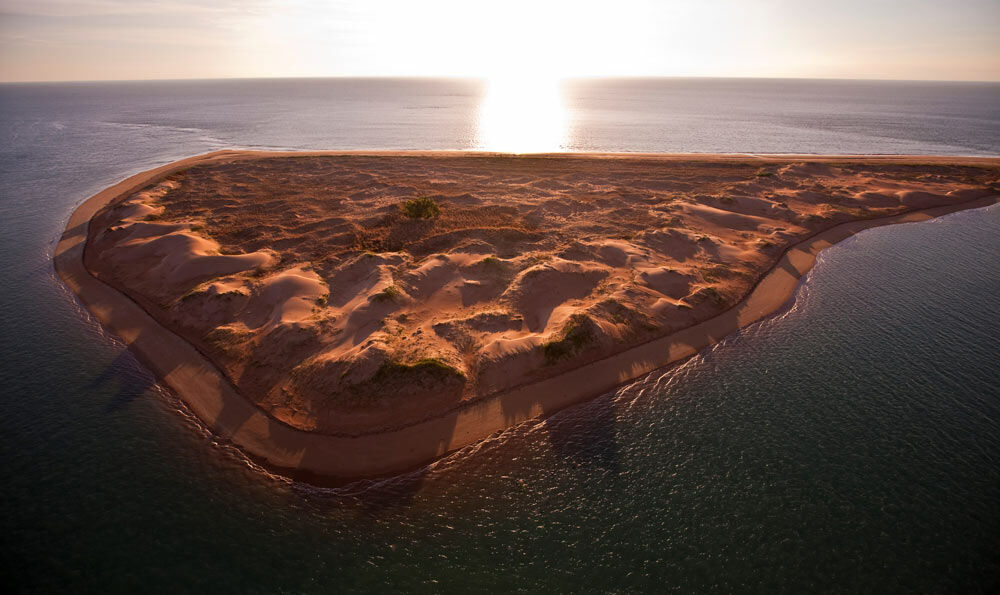
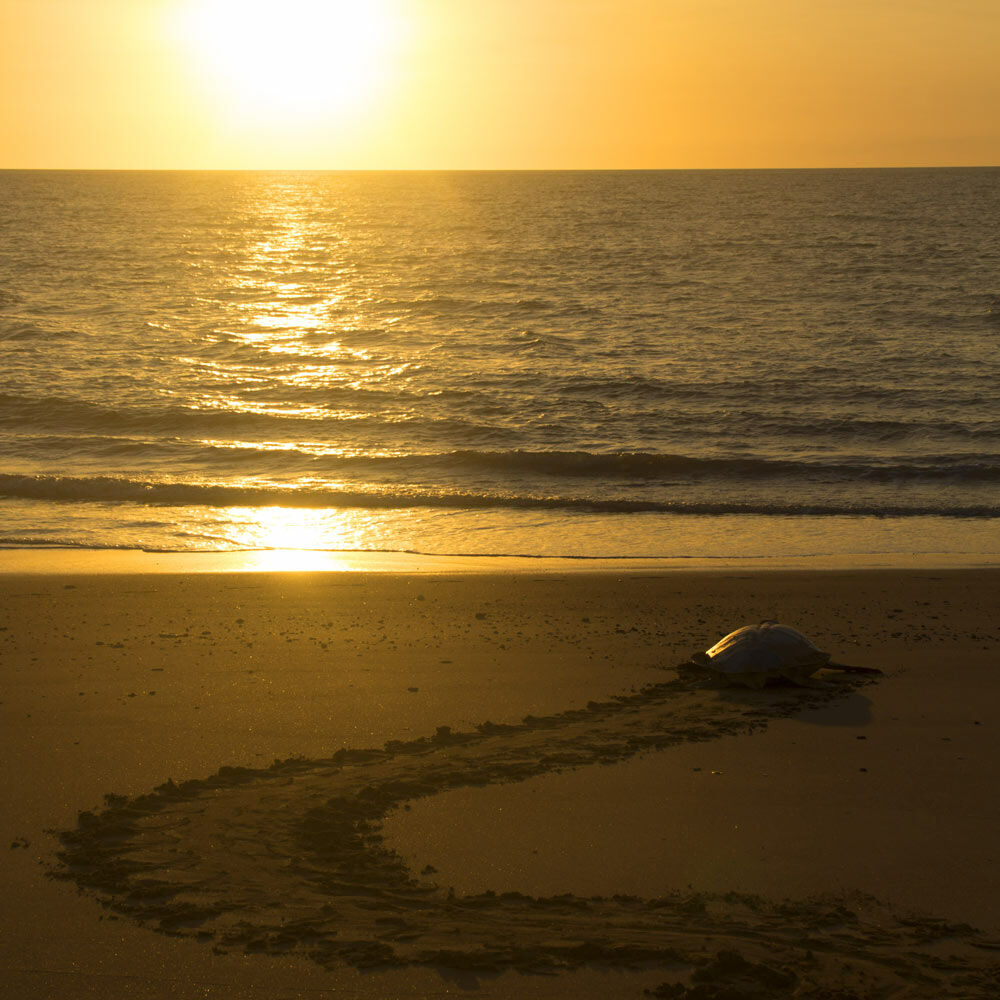
In 2009 Sea Darwin guides initiated a ritual of rubbish collection during the first beach walk of every tour. Each tour rubbish was weighed and bought back to Darwin for disposal. From April 2010, annual marine debri collections are conducted prior to the nesting season, with all rubbish bought back to Darwin for collation and proper disposal. Results from this collection are available on through the Australian Marine Debri database at Tangaroa Blue.
On all tours, all verified sightings of marine mammals are recorded using the Department of Land Resource Management Coastal Dolphin and Marine Megafauna Identification sheets.
The turtles
On all tours (apart from those conducted when Austurtle are on the island), information is recorded in regard to location and identification of nesting turtles and forwarded to the Austurtle Research Project.
From 2010 five percent of every turtle tour ticket sold is contributed to Austurtle .
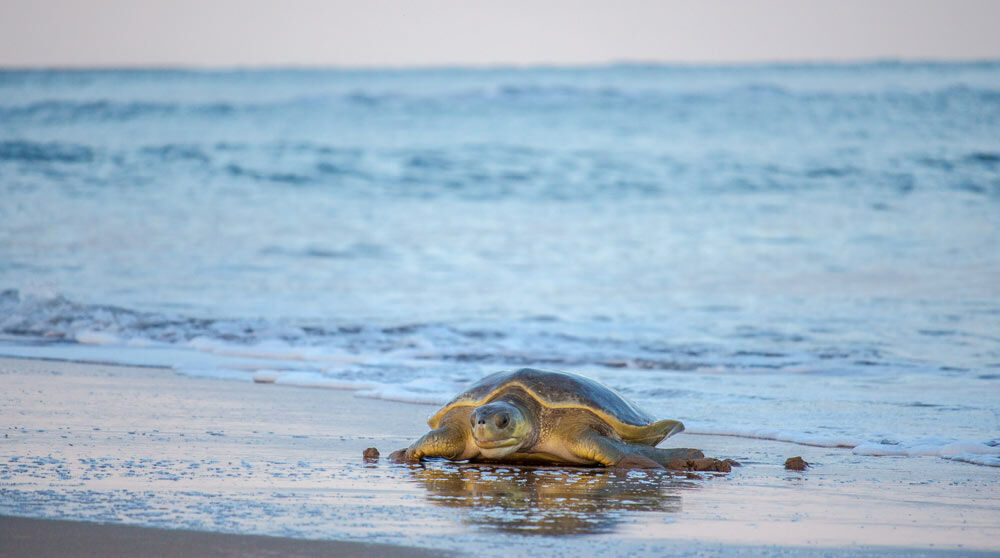
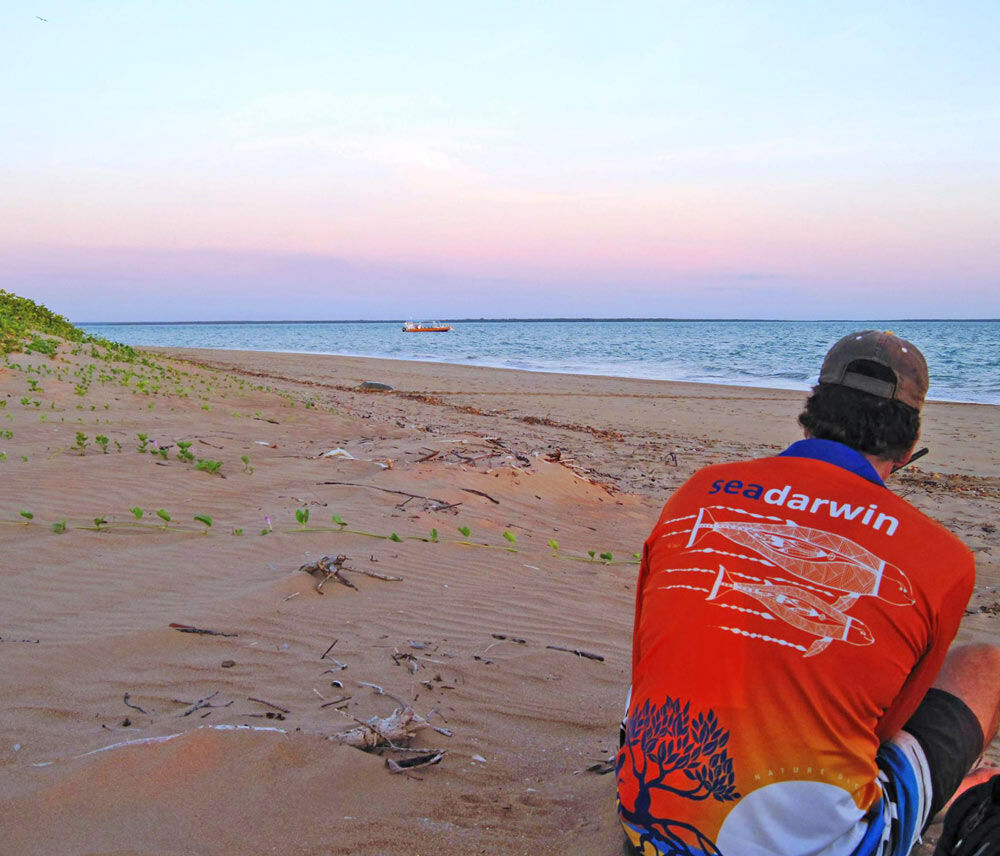
Turtle watching
Turtle watching protocols have been developed and implemented. These are based on the 2016 NT Community Turtle Watching Guidelines, the national code of practice and Austurtle Guidelines. Additionally specific initiatives commenced in 2009 include reduced use of lighting and instituting photography protocols.
All tours include guiding by a qualified turtle guide who is permitted as required by the NT Government Department of Parks and Wildlife, and who is fully familiar with Sea Darwin turtle watching protocols.
Sea Darwin requests that all professional photographers travelling on the Turtle Tracks Tour use specialised low light diffusing equipment which lessens the impact of photography on the turtles.
Marketing
Sea Darwin is committed to marketing items either produced locally or featuring local marine habitat.
Sea Darwin has commissioned the production of a children’s story book for use as merchandise. “Mimih the Mindil Beach Mermaid” was written and illustrated by Darwin locals, and includes an environmental message. The story is set on Bare Sand Island and features a flat back turtle that is threatened by marine pollution, but assisted and saved by Austurtle researchers.
Environmental Policy
View our full and complete Environmental Policy .
Cultural and social environment
Sea Darwin acknowledges the Larrakia as Traditional Owners of (Bare Sand Island). Sea Darwin visits Njulbitjlk with the permission of the Kenbi Traditional Owners, and is licensed by the Northern Land Council to provide turtle tourism on the Island. We honour Traditional Owner requests that passengers stay on the beach or the sand dunes, light no fires and do not visit the sacred site.
Turtle Tracks is included as part of Sea Darwin’s Educational Encounter in an effort to provide young people the opportunity to have an interactive experience at one of Australia’s most important flatback nesting grounds.
Climate change
As part of the commitment to responsible tourism Sea Darwin is a climate action business and is mindful of the need for the tourism industry to be abreast of the globally important issue of climate change. It is predicted that climate change will effect the natural systems of the Northern Territory. Sea Darwin has made concerted efforts to assess and measure our carbon emissions, and has upgrade and improved the efficiency of our systems onboard our vessels so as to reduce the carbon emissions from our operation. We also actively encourage carbon offset, and choose to support local Northern Territory initiatives.